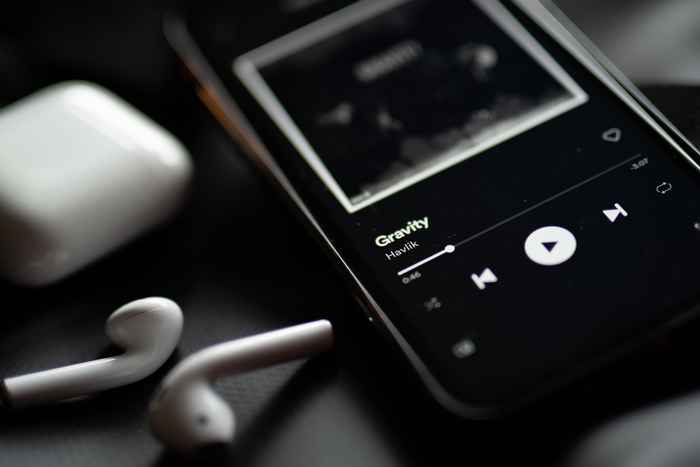Honoursmodule: The Data Science of Everyday Music Listening
How do youth use music to establish a robust identity and sense of self? What is the most effective algorithm for making personalised music recommendations like Spotifyʼs Discover Weekly? And to what extent does personality determine musical taste?

The average person today spends as many hours listening to music as the top 10% of all music listeners a decade ago –and this average rate of music listening is increasing more than 15% per year. Due to the rise of relatively low-coststreaming services and the ubiquity of portable music devices and smartphones, the average person is also listening tomusic in a wider variety of context than ever before. ʻEveryday music listeningʼ has grown into a research field in its ownright, encompassing perspectives from the humanities (e.g., How do youth use music to establish a robust identity and senseof self?), the exact sciences (e.g., What is the most effective algorithm for making personalised music recommendations likeSpotifyʼs Discover Weekly?), and the social sciences (e.g., To what extent does personality determine musical taste?).
Working in small groups, students in this course will learn how to synthesise heterogenous sources of quantitative data to understand more about their own daily musical experiences and the musical experiences of others. The course takes a breadth-first approach so that (1) students will be exposed to as many areas as possible where they can apply skills they have developed in other courses to music and (2) students with a strong interest in the subject will be prepared to deepen their understanding in courses such as Computational Musicology or Cognitive Musicology. Each group will design, execute, and analyse a small research experiment on everyday music listening, incorporating questionnaires from the music cognition literature and listening histories from streaming services like Spotify and Apple Music, guided and inspired by a series of lectures and practical sessions on research topics and tools from cognitive and computational musicology.
The first half of the course will focus on designing a good research experiment, including practical sessions about tools like the Spotify Developer API and online surveys with Qualtrics. Students will also be exposed to major trends in quantitative musicological research and will be asked to write a short article review on a topic of their choice. This portion of the course will conclude with group presentations of their research plans.
In the second half of the course, as each group is collecting data, the course content will shift its focus toward analysis and visualisation techniques. Over the course the second half, students will build up an online portfolio in place of a research report to document their experiments and results. In addition to working on their own portfolios, students will make weekly peer reviews of work from other groups, so that the best ideas can spread easily across the course. After final group presentations of the research results in the last week of the course, each student will choose a research project about which to write an extended critique, with an emphasis on potential directions for further study.
Timetable
You can find the timetable on Datanose.
Registration
Registration is possible for bachelor students participating in an Honours programme. Registration for the Honours courses will start on 6 June at 10 am and end on 11 June at 11 pm. You can register through the online registration form that will appear on Honoursmodules IIS (registration is NOT through SIS). Placement is random and students will hear within two weeks for which course(s) they are registered. There is no guarantee for placement if you register after 11 June, so make sure you register on time!
For questions about registration please email to: Honours-iis@uva.nl
More information
- Mode
- Honours programme
- Credits
- 6 ECTS,
- Language of instruction
- English
- Starts in
- November